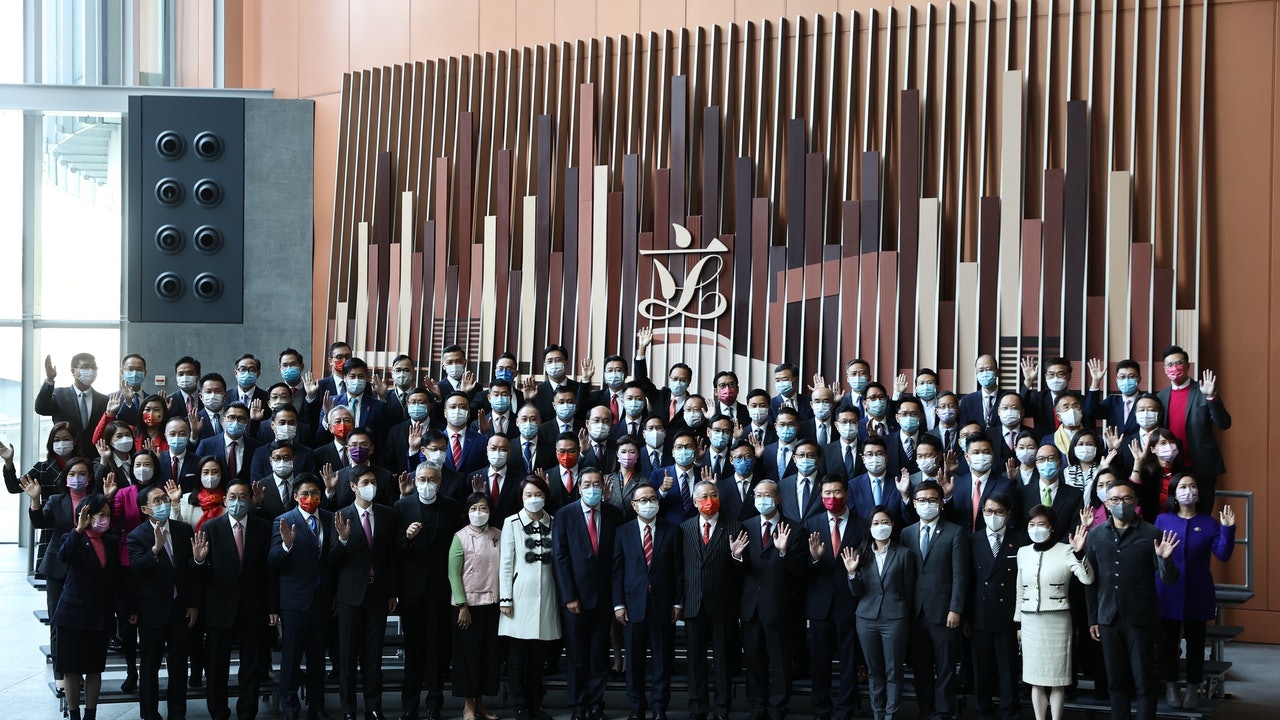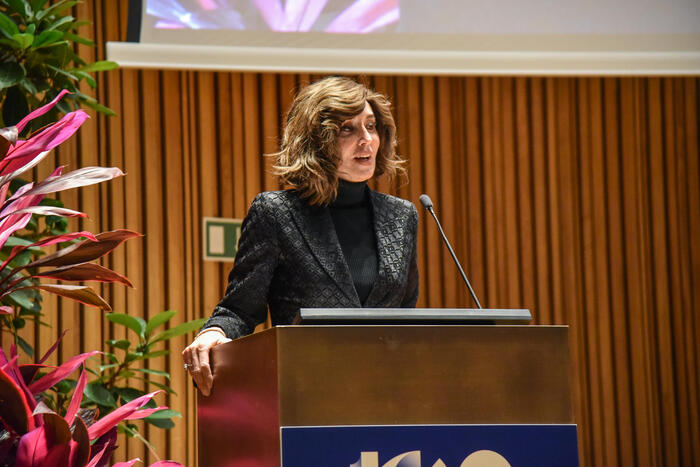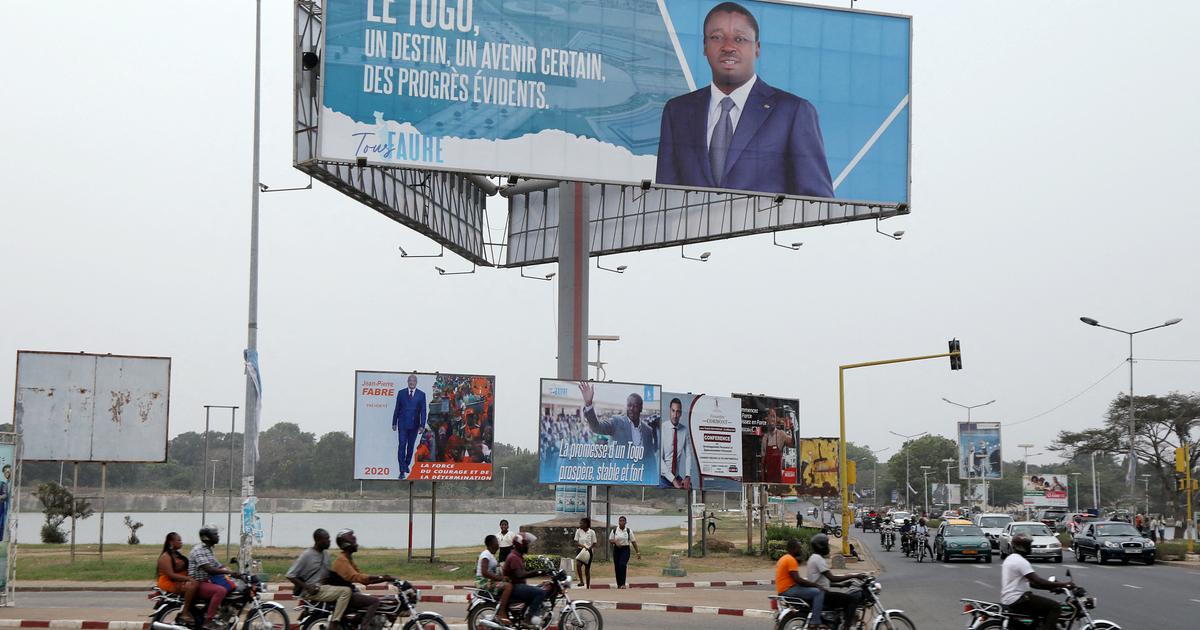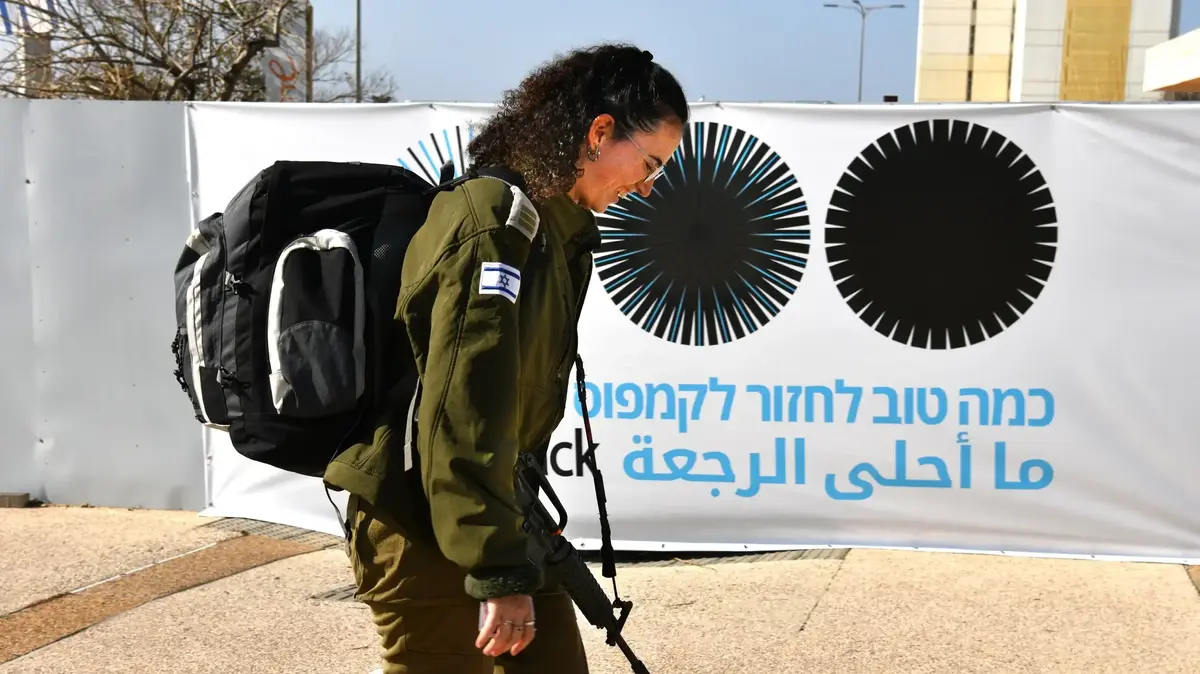The Legislative Council, elected under the new system, officially took office on January 1 this year, and just turned 100 days on the 10th of this month.
Without the traditional democrats not running for election, the entire parliament is dominated by the establishment, and the parliamentary ecology has also undergone earth-shaking changes.
"Hong Kong 01" has several episodes in a row, examining the performance of the Legislative Council over the past 100 days.
This session will first list some key information on the new Legislative Council in digital form for readers' reference.
This year's Legislative Council met the "Hongmen Banquet" at the very beginning and the fifth wave of the epidemic struck, which had a lot of impact on the work of the Legislative Council. One of the General Assembly meetings may even set the record for the shortest single meeting in history.
Among the 90 members, some newcomers were absent from more than half of the conference, and some "veterans" actively spoke, temporarily taking the top spot.
100 Days of the Legislative Council - Part 1 of a series
Number of MPs: 90
Under the new electoral system, there are 90 members of the Legislative Council, including 40 from electoral committees, 30 from functional constituencies, and 20 from district directly elected members.
Referring to the data set of the Legislative Council Secretariat's "Statistics on the Legislative Council", the 90 members include 73 males and 17 females, with an average age of 52, which is 6 years younger than the previous term (the Legislative Council after the resignation of the pro-democracy party). .
This year, there are 6 members of the Legislative Council who are also members of the Executive Council, namely Lam Kin-fung, Yip Lau Shu-yi, Liao Chang-chang, Zhang Yuren, Cheung Kwok-kwan and Lau Ye-keung.
The number is one less than in the previous term, because Huang Guojian of the Federation of Trade Unions retired and did not seek re-election.
Political power map: 1:89
After the electoral reform, the traditional democratic factions boycotted and ran in the name of "non-establishment factions". ".
In late December last year, the National Security Division of the police arrested several senior officials of the online media "Stand News" on suspicion of "conspiracy to publish seditious publications." 89 members of parliament later issued a joint statement in support of the police's law enforcement. Di Zhiyuan was the only one who did not participate. Associate.
However, Di Zhiyuan recently said that there is no faction on the issue of people's livelihood.
Di Zhiyuan is the only non-establishment faction in the new Legislative Council.
(file picture)
Total number of meetings: 10
As of April 6, the current Legislative Council has held 10 meetings so far. Generally speaking, the number of meetings will be less from January to March, because there are recesses during the Lunar New Year and the two sessions.
Among the 10 meetings, there were 2 Q&A sessions by the Chief Executive and 1 presentation of the Budget.
▼The shortest meeting on March 23 will end in 9 minutes and 30 seconds▼
The longest meeting time: 9 minutes and 30 seconds
Under the fifth wave of the epidemic, most of the meetings of the Legislative Council were held by video. Chairman Leung Kwan-yen said after consulting with members at the end of February that due to the severe epidemic situation, the Legislative Council must cooperate with the government to do a good job in epidemic prevention, and the General Assembly will only deal with matters with legislative effect. Until the 6th of this month, the General Assembly will resume handling questions from members.
At the Legislative Council meeting on March 23, only the first and second readings of the "Short-Term Protection Measures for Commercial Tenants (COVID-19) Bill, the rent moratorium proposed in the Budget, was on the agenda.
The bill then entered the suspension stage and was handed over to the House Committee for processing.
The whole meeting took only 9 minutes and 30 seconds, which is the shortest meeting of this year.
This is also quite possibly the shortest meeting time in the history of the Legislative Council. The Legislative Council does not officially list the length of each meeting in detail, but you can check the start and adjournment times of each meeting through the "meeting minutes".
The first meeting of the new Legislative Council.
(file picture)
The shortest meeting of the previous session was about 17 minutes
In the last Legislative Council, the time required for two meetings was also quite short, both 17 minutes. Among them, on October 19, 2016, there was a swearing-in storm in the Legislative Council. The new youth policy, Leung Chung-hang and Yau Wai-chen, was once arranged to be re-arranged because the oath was invalid. The oath was taken, but the establishment created a reunion by leaving the meeting, and did not give the two a chance to re-swear.
At 11:02, after Yao Songyan read the oath, Chen Hakin of the Democratic Alliance for Betterment of Hong Kong proposed to count the number of people, and 15 minutes after the bell rang, there were still not enough members in the meeting and the meeting went away.
The actual running time of the meeting is only 2 minutes, but due to the official calculation time of the Legislative Council, the ringing time will be calculated together, so a total of 17 minutes.
On April 14 last year, the meeting at that time specially arranged for the "2021 Improvement of the Electoral System (Consolidation Amendment) Bill" to be presented to the Legislative Council for first reading. Since this was the only item on the agenda, the meeting lasted only 17 minutes.
Highest attendance rate: 44%
The Legislative Council website has a clear record of the number of meetings attended by Members (the time of attendance is not counted).
The new Legislative Council has held 10 meetings so far. Before the deadline, the website was updated to the 9th meeting.
Of the 90 MPs, 66 had 100% attendance.
It should be noted that when the current Legislative Council kicked off, the event of Hong Weimin's birthday party broke out. As many as 20 members were sent to quarantine or persuaded to stay at home because they attended the event, so they were absent from January 12. 's first meeting.
Many members were not able to "full attendance" because of their absence from the meeting.
Overall, there are 3 members with low attendance rates, namely Lin Suwei, who was directly elected in the southeast of the New Territories (56%, absent from the 6th, 7th, 8th and 9th meetings respectively); Election Committee Jie Lin Shunchao (56%, absent from the 1st meeting respectively). , 6, 7, and 8 meetings); Election Committee Jie Su Changrong (44%, absent from the 1st, 6th, 7th, 8th, and 9th meetings, respectively).
Su Changrong, who was absent for more than half of the conference: encountering a special event
Su Changrong replied to the inquiries of the reporter of "Hong Kong 01" that he was unable to attend several conferences due to special events. For example, in the first conference in January, domestic helpers were close contacts of patients with new coronary pneumonia and had to stay at home and self-isolate.
He said that in the future, he would continue to work hard in the parliamentary work, and thanked the reporters for their concern.
So Chang-wing had the lowest attendance rate in the first three months of this Legislative Council meeting, at only 44%.
(file picture)
The most speeches: 10 times, two people from the New Democracy Party tied for the first place
The Legislative Council does not have a complete count of the number of speeches made by individual Members, so the reporter counted the number of speeches made by Members from January to the present by manpower.
Calculation method: Members who speak at the meeting on each motion/government bill/question/amendment will be regarded as one speech, and multiple speeches on the same item will also be counted as one speech.
Procedural work such as raising a point of order, simply making a motion without delivering a speech, and moving the voting clock to be shortened will not be regarded as a single speech.
In the thank-you motion of the "Policy Address" from February 16 to 18, Members made speeches on 5 parts respectively, but since they belong to the same agenda and the total speech time of each Member is 15 minutes, only one speech is counted. .
The limitation of this calculation method is that the time of each speech is not counted, so the speech is only 1 minute and the full 15 minutes is used for a speech calculation, and the reader must be careful to interpret it.
Consolidating the figures, 89 members (excluding Legislative Council President Leung Kwan-yin) have all spoken at the General Assembly.
Two MPs made 10 speeches, tied for the top spot, and both belonged to the New Democracy Party, Rong Haien and Lai Dongguo respectively.
There are 4 members who have spoken 9 times, namely Chen Jiapei of the New Democratic Party, Leung Mei-fun of the Democratic Alliance, Liang Xi of the Democratic Alliance for Betterment of Hong Kong, and Xie Weiquan of the construction, survey, planning and garden sector.
According to the above calculation method, there are 5 members with the least number of speeches, namely Liao Changjiang, the leader of the establishment group, Long Hanbiao from the real estate industry, Li Weihong from the financial services industry, Li Haoran and Su Changrong from the electoral committee, and only recorded one speech each.
Number of inquiries: 89
In addition to scrutinizing government bills, the Legislative Council also has another important function to raise questions to officials, which are divided into oral and written.
According to the information on the Legislative Council's website, as of April 5 (that is, the General Assembly on April 6 is not counted), the current Legislative Council has handled a total of 89 questions, including 13 oral questions and 76 written questions.
12 members of the "three no"
Regarding the performance of individual members, Li Dongguo of the New Democratic Party is also the most active one. He has raised 1 oral question, 2 written questions, and 3 supplementary questions, that is, a total of 6 times to participate in the question.
In the first three months of the meeting, 12 members did not participate in oral, written or supplementary questions, including Liao Changjiang, Li Shirong, Li Haoran, Li Weihong, Su Changrong, Long Hanbiao, Huang Guo, Guo Lingli, Zhang Xinyu, Chen Zuheng, Chen Yueming , Lin Xinqiang.
Number of motions made by members without legislative effect: 5
The current-term Legislative Council has so far dealt with five motions that have no legislative effect (including the "Policy Address" thank-you motion) proposed by Members, and all of them have been passed.
The first Legislative Council election after the electoral reform.
(file picture)
Number of votes: 37
Since the new Legislative Council took office, a total of 37 votes (including government bills, motions and amendments) have been held in the Legislative Council. Among them, 9 members have requested a registered vote, with a ratio of 24.32%.
This number can actually be subdivided: the current Legislative Council has held 10 meetings so far, and the first three were physical meetings. Due to the epidemic, the seven meetings since February 16 have been held by video.
On March 16 this year, the provisional appropriation was passed by secret ballot.
(Screenshot of the live broadcast of the Legislative Council)
There are very few registered votes in video conferences
In the 3 physical meetings, a total of 20 votes were held, of which 8 were voted by name, with a ratio of 40%; in the 7 video conferences, there were a total of 17 votes, of which only 1 was voted by name, (April At the meeting on the 6th, Liang Ziying proposed to Deng Jiabiao on the "reform of Hong Kong's poverty alleviation policies and strategies", which was amended by Ye Liu Shuyi and Wu Qiubei's motion), and the ratio was only 5.88%.
The two are very different.
Some lawmakers said that after the video conference was changed to video conferences, there were technical issues involved in voting by name through Zoom, so the lawmakers reached a consensus to reduce the number of registered votes as much as possible to save meeting time.
100 Days of the Legislative Council | Di Zhiyuan: Maintain a certain cooperative relationship with the establishment and follow a pragmatic and democratic line









